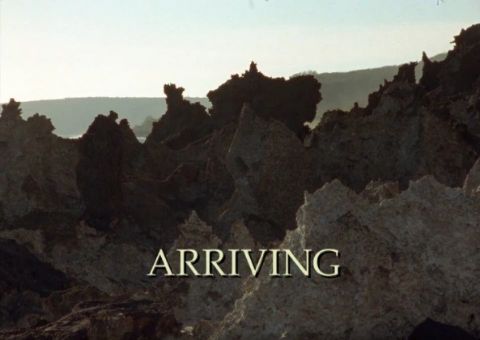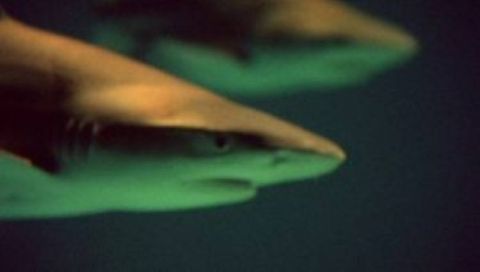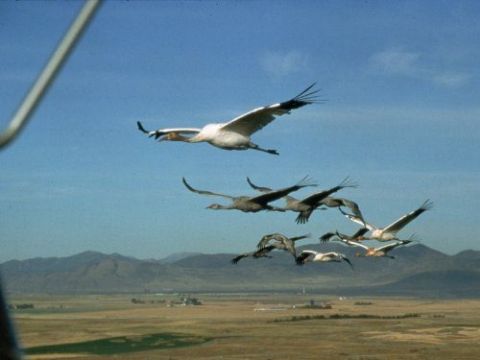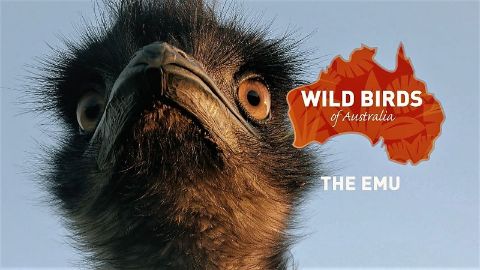Life in the Air • 2016 • 3 episodes •
With the help of some surprising creatures from around the world, this series sets out to discover how animals take to the air, defying the force all airborne animals must conquer, gravity. Part 1: Defying Gravity In Africa, a caracal's 'rocket-propelled' launch enables it to catch birds in flight. In the Australian outback, a kangaroo's hop is key to finding water in a desert of over a million square kilometres. On an English farm, an insect's ultimate ejector seat accelerates it to 700G with help from a clutch in its crotch. And high above the jungles of Borneo, a leaping snake's unique shape allows it to glide, even without wings.
2016 • Nature
With the help of some surprising creatures from around the world, this series sets out to discover how animals take to the air, defying the force all airborne animals must conquer, gravity. Part 2: Masters of the Sky This episode looks at powered flight, revealing why peregrine falcons can top 200 miles an hour, how a hummingbird is a slave to its own rather manic lifestyle and that the albatross's secret to flying for free is its nose. Heavyweight beetles break the rules to find love, a devious sparrow-hawk uses agility to execute a lightning-fast raid on his prey and half a million mother bats dominate the sky above, and below, the ground with a dazzling display of aerial prowess.
2016 • Nature
With the help of some surprising creatures from around the world, this series sets out to discover how animals take to the air, defying the force all airborne animals must conquer, gravity. Part 3: Crowded Skies This episode features a creature that creates sound out of thin air with the world's fastest courtship display and arguably the world's most aggressive bird. In a South American jungle, there's 'hunt and evasion' flying during the night, as bats and moths fight for the upper hand in one of the world's oldest arms races. Plus a camera films a giant flock to unlock the secrets that keep half a million birds from colliding in the same air space.
2016 • Nature








